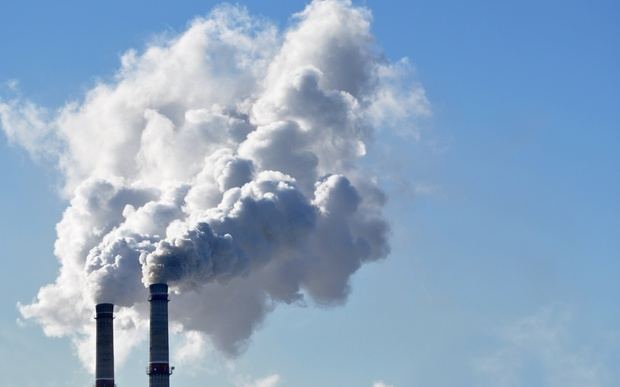 |
| Reviews and Templates for Expression We |
NZ signs international agreement on greenhouse gases
New Zealand industries using a harmful greenhouse gas will have to switch to more environmentally friendly systems under a new international agreement.

Photo: 123RF
As a result of a deal reached by 170 countries in Rwanda overnight, New Zealand will have to reduce its use of hydrofluorocarbons, or HFCs, by 85 percent over the next 20 years.
Once fully implemented, the phase-out of HFC use could reduce global warming by about 0.5° Celsius.
HFCs are used in air-conditioning units and fridges, dairy sheds and aerosol sprays, and were introduced in the late 1980s to replace CFCs (chlorofluorocarbons) which were causing damage to the ozone layer.
While HFCs do not deplete the ozone layer, they are a potent greenhouse gas.
US Secretary of State John Kerry described the deal as "monumental", saying it was a "major victory for the Earth".
Victoria University physical geography professor James Renwick said the change should not be too difficult or costly to achieve.
"Because these gases are used in a pretty narrow range of industries and because substitute gases are being identified - I don't think they've been nailed down yet but probably will be soon - it should be a fairly painless transition away from them to new substitutes."
Minister for the Environment Nick Smith also said the costs of the change would not be significant.
"What it is going to require us to do in all of those refrigeration and heat-pump type systems is to convert to gases that not only do not harm the ozone layer but do not contribute to the overall problem of greenhouse gas emissions.
He said the government had already consulted with the affected industries.
|
|
|
|
Copyright remains with the original authors |